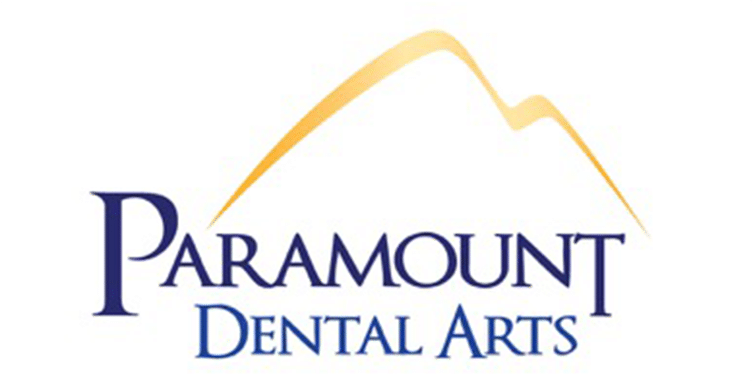Gum disease, whether it’s mild gingivitis or severe periodontitis, is prevalent in nearly 65 million Americans over 30.
Fortunately, if gum disease like gingivitis is caught early, healthy oral hygiene routines and regular teeth cleaning from your dentist can help cure the condition. However, the condition is irreversible if it progresses into periodontal disease.
Now is the time to start preventing gum disease before it becomes an irreversible condition that infects your mouth. Here are some of the top ways to prevent gum disease.
5 Ways to Help Prevent Gum Disease
1. Brush and Floss Daily
Gum disease is a condition that progresses over time. This means practicing regular good oral hygiene can help prevent problems from forming. Brushing your teeth daily, preferably twice a day for two minutes each, removes plaque, bacteria, and food particles from your teeth, gums, and mouth.
Plaque is the sticky film felt on your teeth when you wake up, and over time it builds and mixes with other minerals to form tartar. If these two harmful elements are not properly removed from your mouth and gums, then they’ll eventually irritate and inflame your gums.
Brushing your teeth daily will help remove the plaque, but keep in mind that a toothbrush cannot reach every surface of your teeth. It’s essential that you floss daily as well to remove plaque and buildup from between your teeth.
2. Schedule Regular Dental Cleanings
At-home care such as brushing and flossing daily are critical to preventing gum disease. However, an important element to add to the equation is to schedule (and keep) your regular dental cleanings.
Most patients are asked to come in for a cleaning every six months. These visits allow your dentist to thoroughly clean your teeth, as well as detect and monitor for any potential problems related to your overall oral health. Catching conditions like gum disease early is vital for prevention and treatment.
Even if you currently suffer from periodontal disease, your dentist helps manage the condition by scaling and root planing and setting treatment plans to help prevent further damage.
3. Stay Hydrated
To help maintain a healthy mouth and happy smile, you must stay hydrated throughout the day. Remember that certain drinks such as sodas, coffee, and alcohol actually dehydrate your mouth and body. Water is the best solution to hydration.
When your mouth is hydrated, your body naturally washes away food particles and plaque. While this should never be your only method to help prevent gum disease, this is an easy tip and trick to keep in mind.
4. Make Using Mouthwash a Habit
Brushing and flossy daily and staying hydrated are essential to preventing gum disease. There is also another product that helps flush food particles from your mouth – mouthwash. Mouthwash not only reduces bacteria sitting around in your mouth, but it also contains fluoride. This will help strengthen your teeth over time.
5. Check Sugar Levels in Food and Drinks
Sugary drinks and foods are proven to aid in tooth decay. Plaque bacteria feed on sugar and carbs, which release the acid that damages gums and teeth. Always check the food and drinks you put into your mouth for high levels of sugar.
For those avid gum-chewers, choose sugar-free gum. Chewing gum naturally produces saliva in your mouth, aiding in the removal of bacteria and food particles. However, regular chewing gum contains high levels of sugar, which actually aid in more bacteria forming. Following meals, sugar-free gum is beneficial when you simply cannot brush your teeth.
Prevent Gum Disease at Paramount Dental Arts
Gum disease presents itself in four stages, and each stage causes a variety of oral issues. These issues range from stinky breath and irritated gums to sensitive teeth and even tooth loss. Preventing gum disease is the best and easiest way to take control of your oral health.
At Paramount Dental Arts, we’re skilled in both preventing gum diseases, as well as providing advanced treatments for all stages of gum disease.
To learn more or to get started, contact us today at 973-777-1772. Or request an appointment online.

